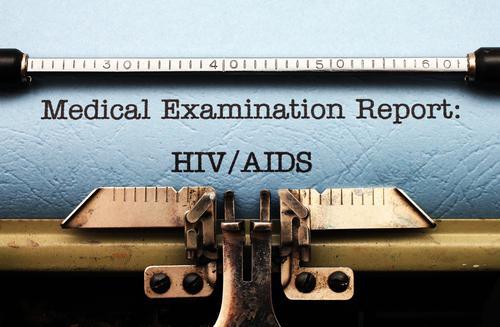Illinois Cases Highlight the Debate over HIV-Specific Criminal Laws
 Here in Illinois, two cases have been in the media that have put a spotlight on Illinois law regarding the criminal transmission of HIV. Under Illinois law, a person who has HIV and engages in unprotected sex without first informing their partner that they are HIV-positive can be found guilty of committing a felony. Under this law, transmission of the HIV/AIDs disease does not have to occur for the HIV-positive partner to be found guilty of a felony. However, when prosecutors charge someone with breaking HIV-specific criminal laws, they must provide proof that the person who is HIV-positive intended to expose that person to HIV. One of the men now being tried under this law is subject to the old rules, which did not require that the HIV-positive transmitter actually intended to transmit the disease when engaging in intercourse or other activities.
Here in Illinois, two cases have been in the media that have put a spotlight on Illinois law regarding the criminal transmission of HIV. Under Illinois law, a person who has HIV and engages in unprotected sex without first informing their partner that they are HIV-positive can be found guilty of committing a felony. Under this law, transmission of the HIV/AIDs disease does not have to occur for the HIV-positive partner to be found guilty of a felony. However, when prosecutors charge someone with breaking HIV-specific criminal laws, they must provide proof that the person who is HIV-positive intended to expose that person to HIV. One of the men now being tried under this law is subject to the old rules, which did not require that the HIV-positive transmitter actually intended to transmit the disease when engaging in intercourse or other activities.
HIV-Specific Criminal Laws
During the earlier years of the HIV/AIDs epidemic, legislation throughout the country began popping up that criminalized the exchange of bodily fluid from a person that was HIV-positive to another non-HIV-positive person. These new, state HIV-specific criminal laws were facilitated by the federal government's decision to condition the receipt of federal funding for AIDS treatment with the requirement that states create laws that could adequately prosecute a HIV-positive person who knowingly exposed others to the virus. Now, in Illinois, the criminal transmission of HIV is a Class 2 felony, which can result in between three and four years of imprisonment along with a $25,000 fine. However, prosecutorial discretion exists whereby a such charges can be reduced, as is typically the case in criminal proceedings.
As of 2011, 24 U.S. states had laws that require HIV-positive people to report their status to their sexual partners. Each of these laws vary in reach and severity, and most of them have been amended since their conception because of criticism by HIV/AIDs activists. In fact, in Illinois, the current law was amended a few years ago in response to a local Illinois case within which a Rock Falls man was charged with 13 counts of knowingly transmitting HIV to others. However, because of privacy protections in the old law, the man was only convicted of one count.
Criticism of HIV-Specific Criminal Laws
Supporters of the laws believe that people who are HIV-positive have the duty to society to let their sexual partners know that they have the disease. However, opponents of the law feel that HIV-positive persons are being singled out because of the stigma associated with the disease. These proponents point out that Hepatitis-B and other sexually transmitted diseases do not have their own statutes criminalizing the transmission of such diseases, though these diseases can also be very serious.
Need a criminal law attorney that you can trust? Contact the experienced Joliet criminal law attorneys at the Law Offices of Cosmo Tedone and Barbara Morton, P.C.









